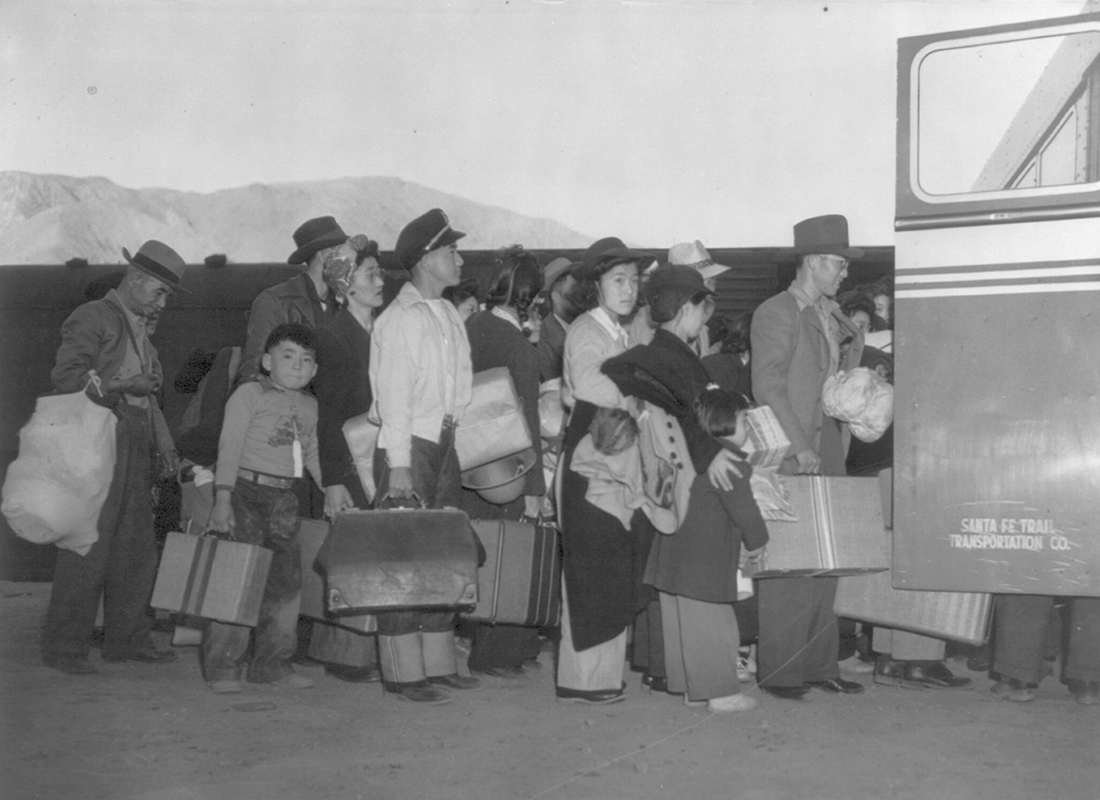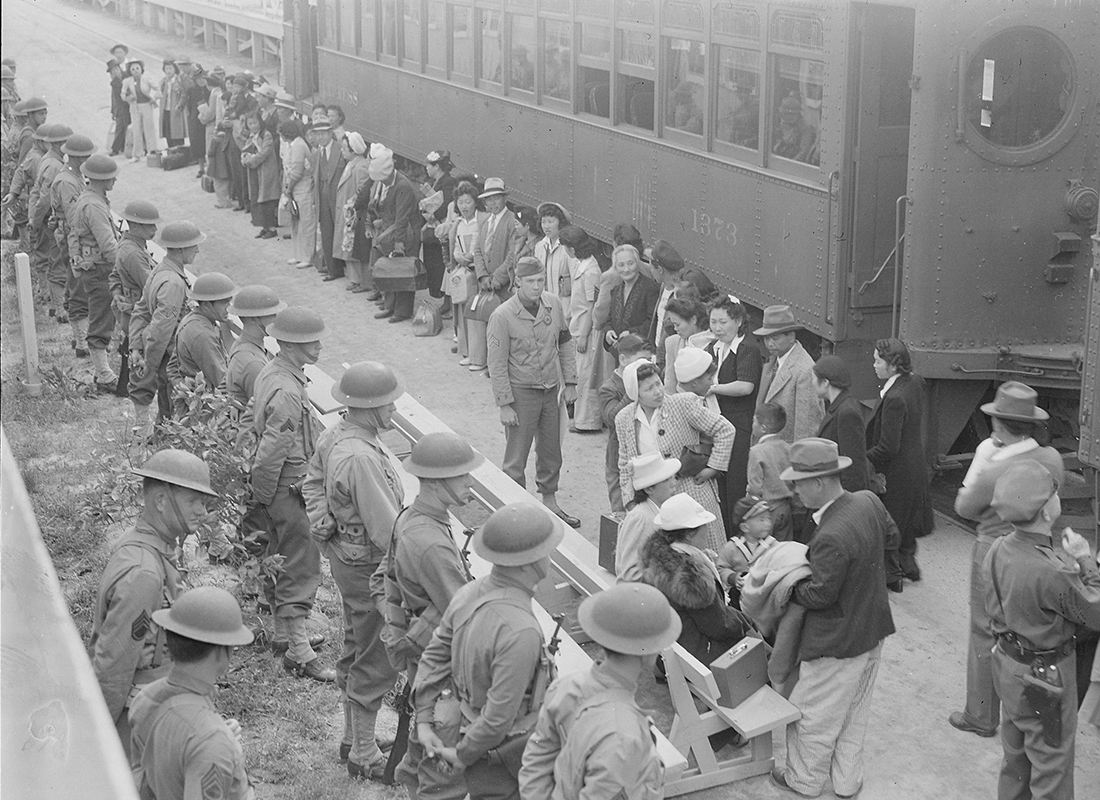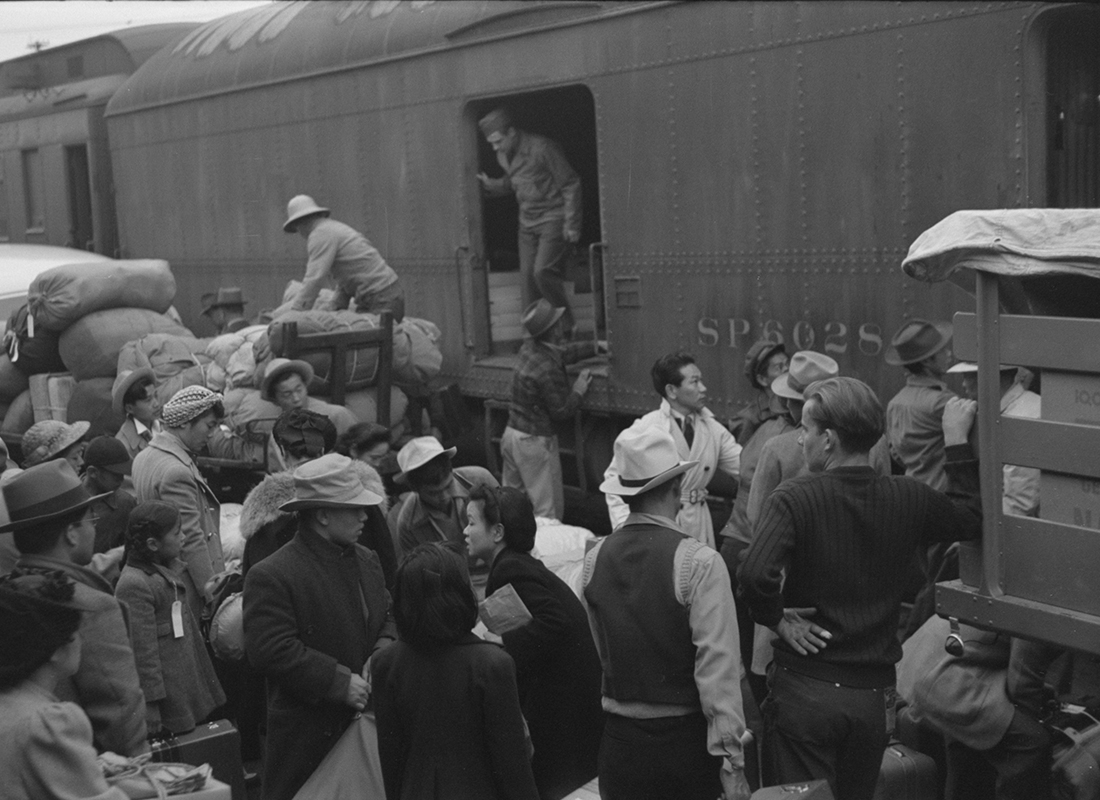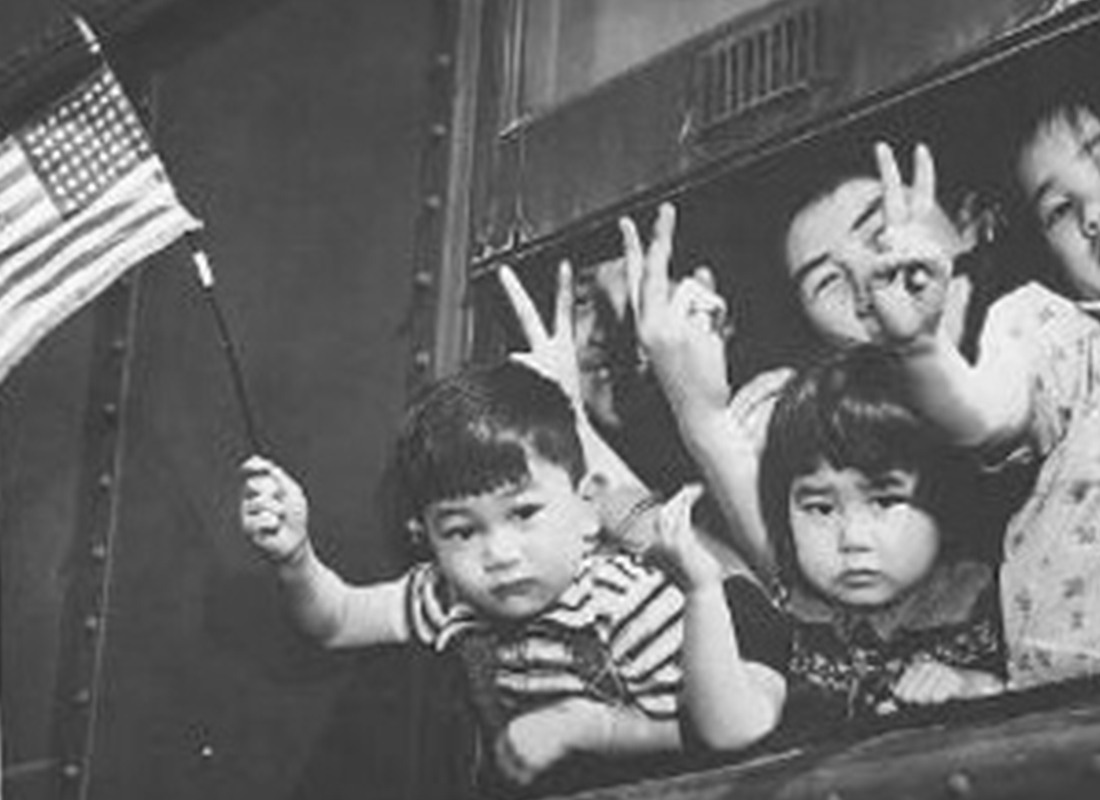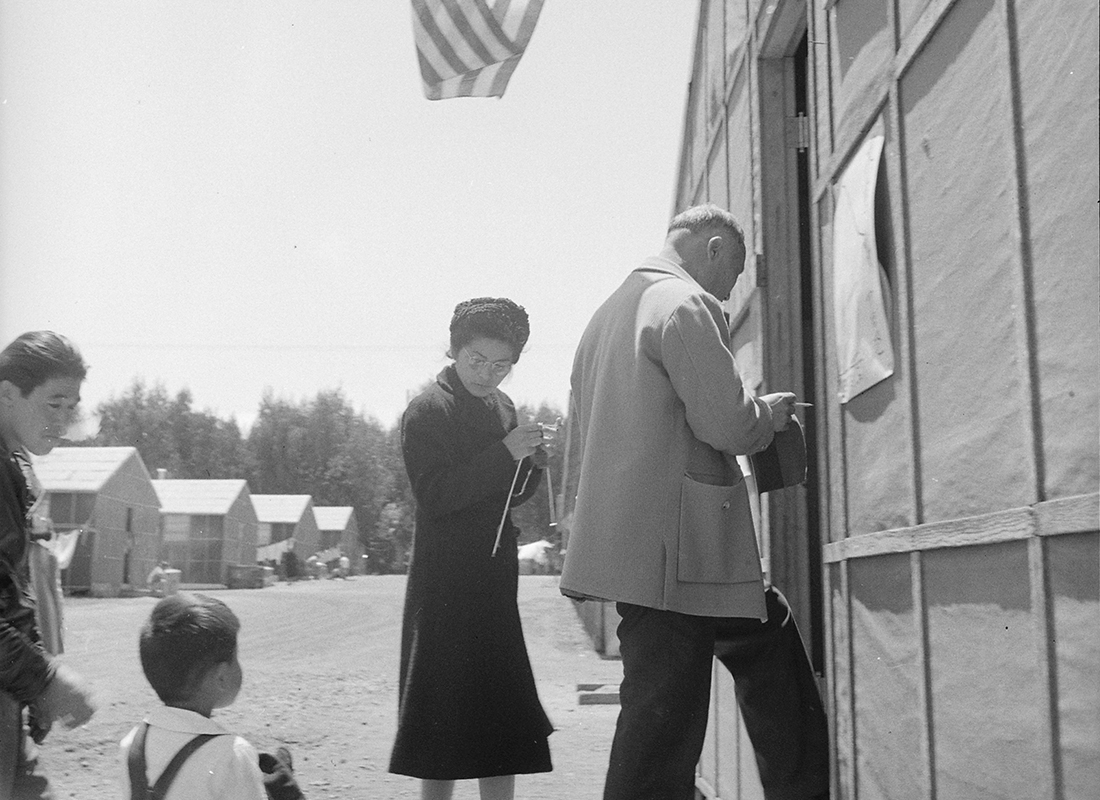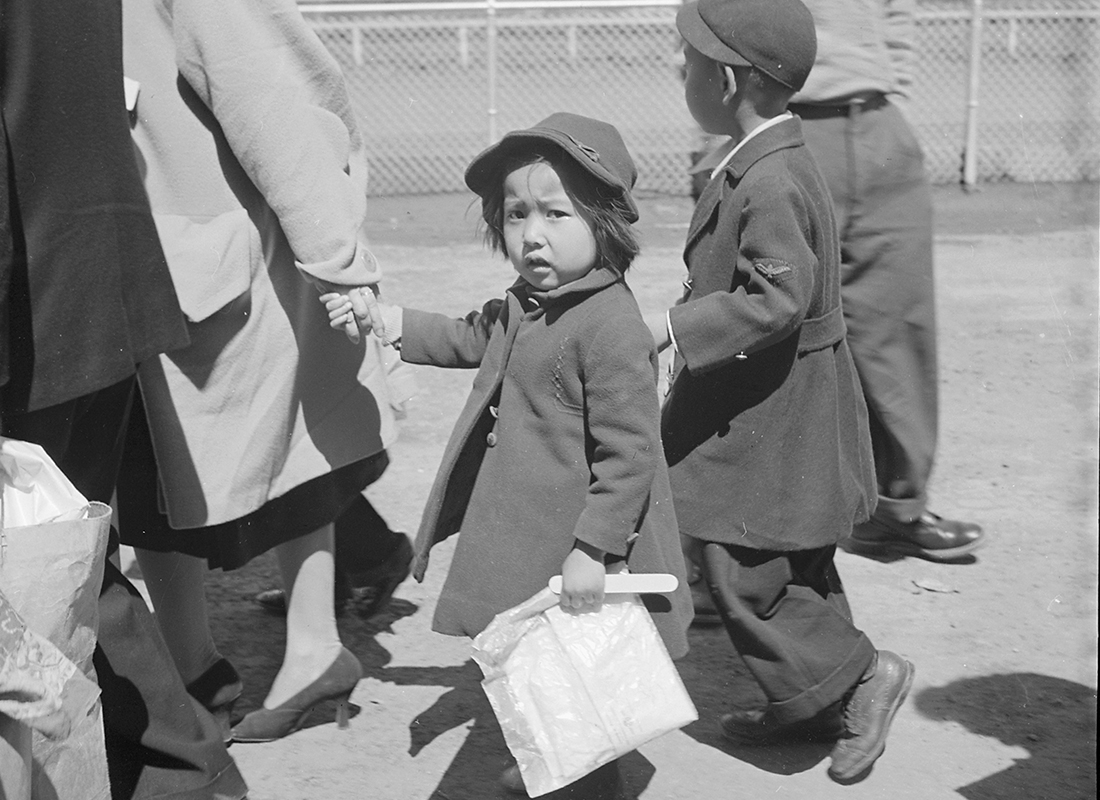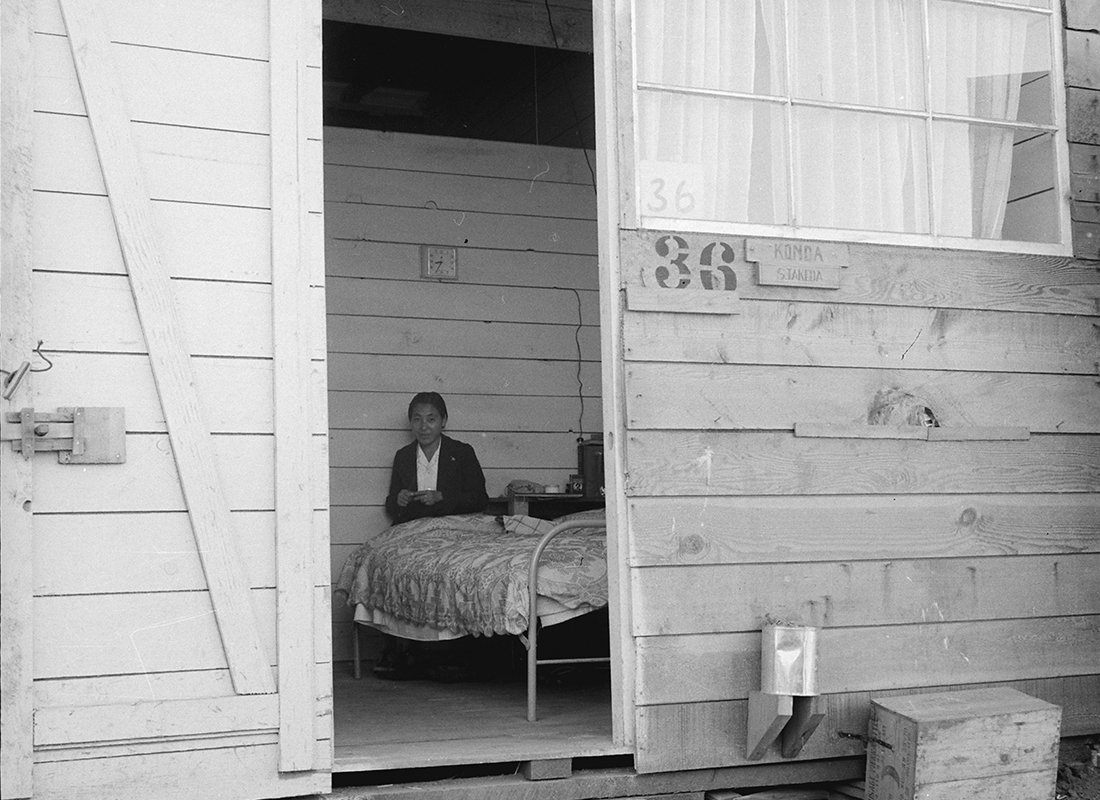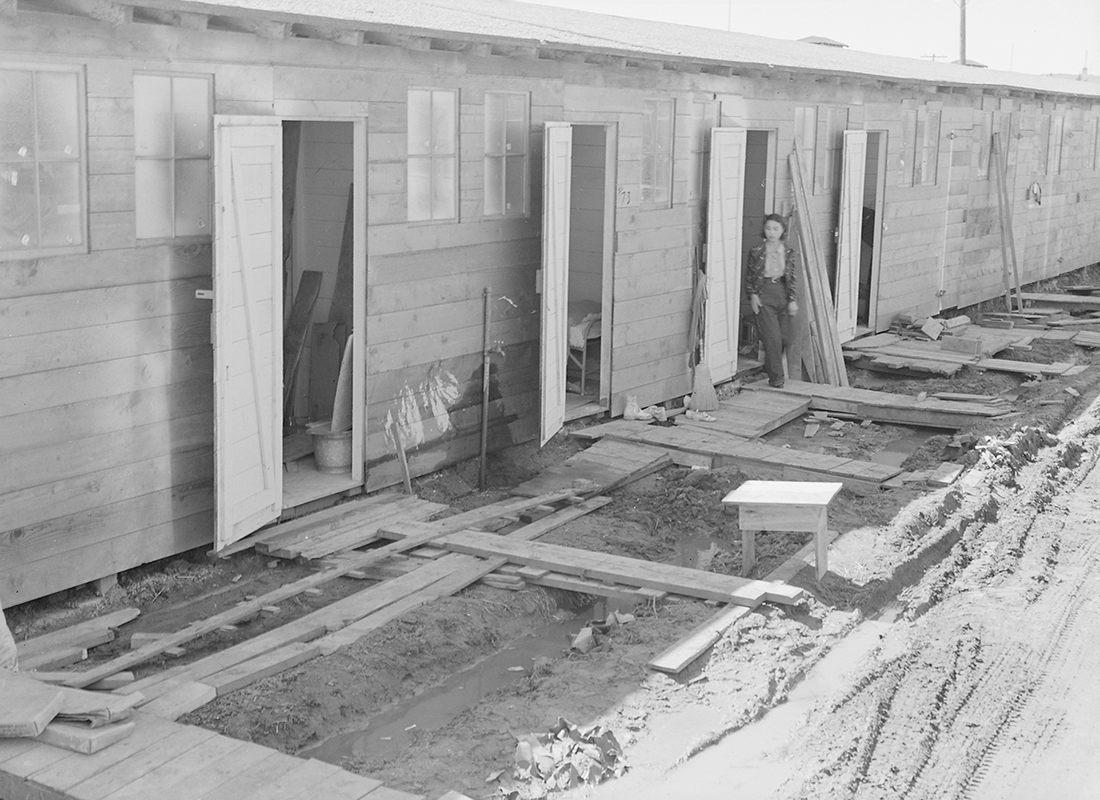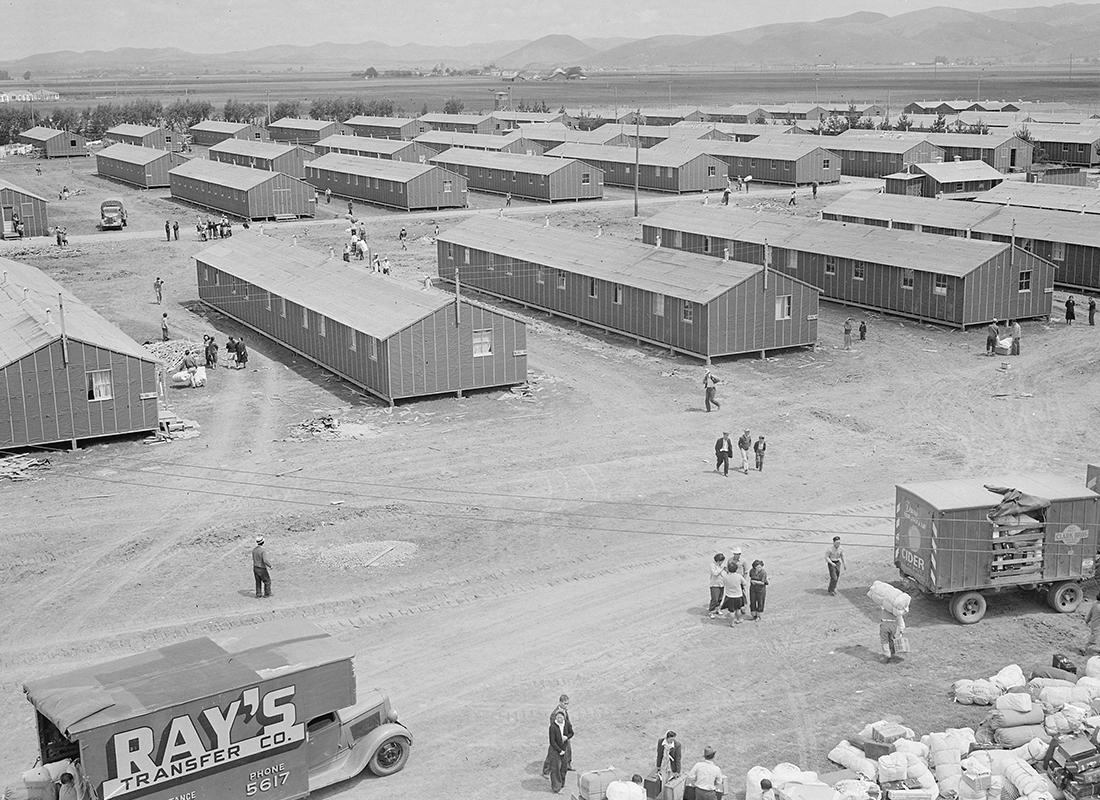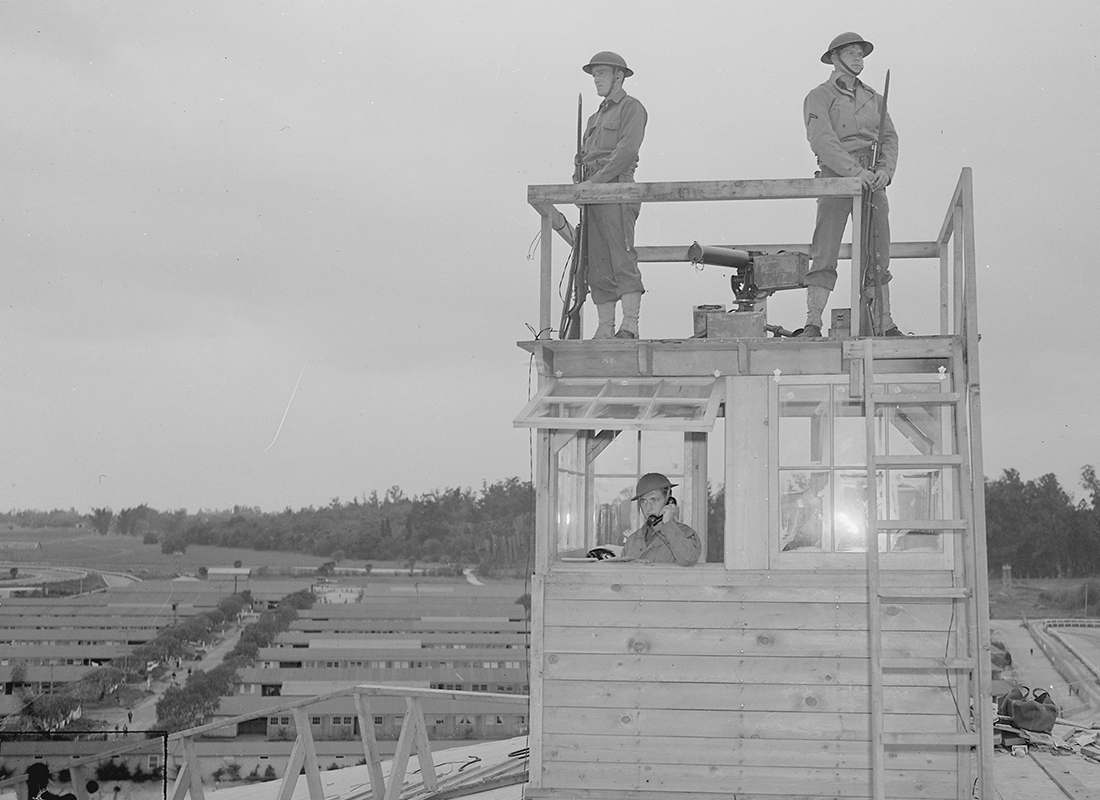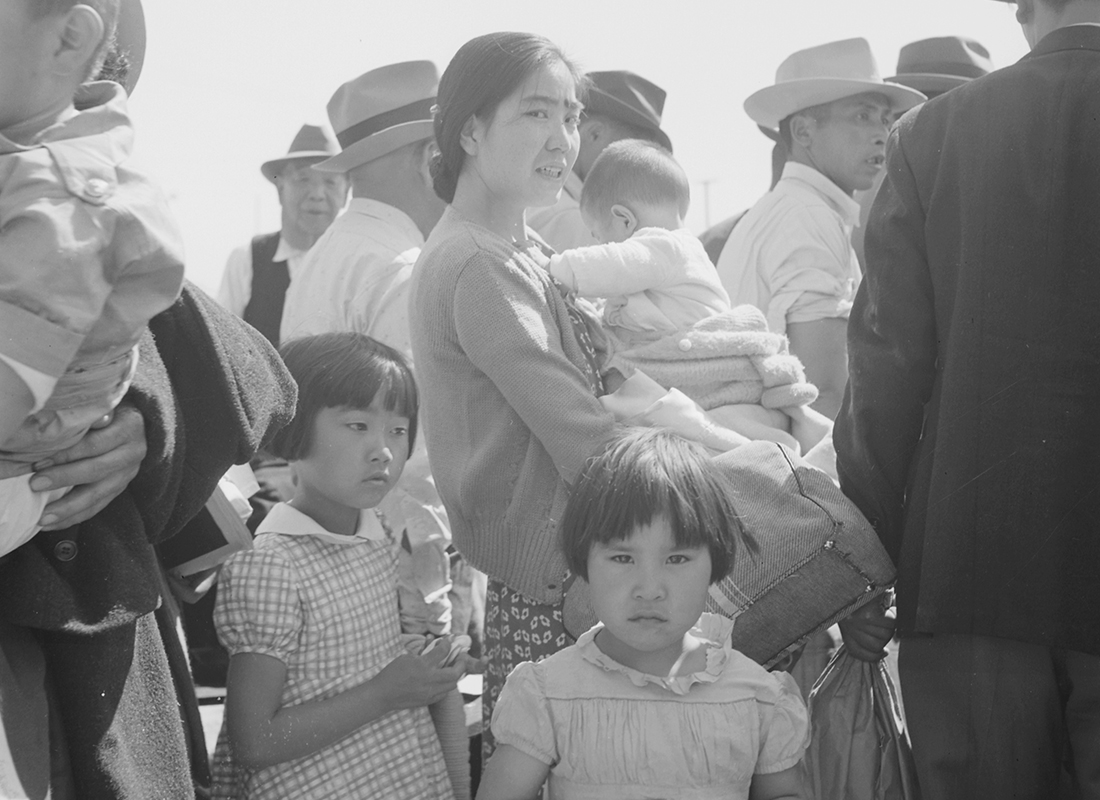
The Orange Story
In the final chapter of the movie, In the final chapter of the movie, Koji says goodbye to his old life, and in the process, challenges the racism that has influenced even his young friend Judith. Although there was no evidence of collusion with the enemy, racism and wartime hysteria ultimately led to the incarceration of more than 100,000 people of Japanese ancestry. Explore the legacy of the incarceration through the images, videos, and documents below.
“The Japanese Americans incarcerated in 1942 were held guilty until proven innocent, and the hard-won success of the older generation was smashed to bits by years behind barbed wire.”

“A military order, however unconstitutional, is not apt to last longer than the military emergency. . . . But once a judicial opinion rationalizes such an order . . . the Court for all time has validated the principle of racial discrimination in criminal procedure and of transplanting American citizens. The principle then lies about like a loaded weapon, ready for the hand of any authority that can bring forward a plausible claim of an urgent need.”

Protest and Precedent
Witness post-WWII instances when politicians, journalists, and activists have invoked Japanese American incarceration as a point of protest or, at times, as a precedent for restrictions on rights.
Click to launch
slideshow
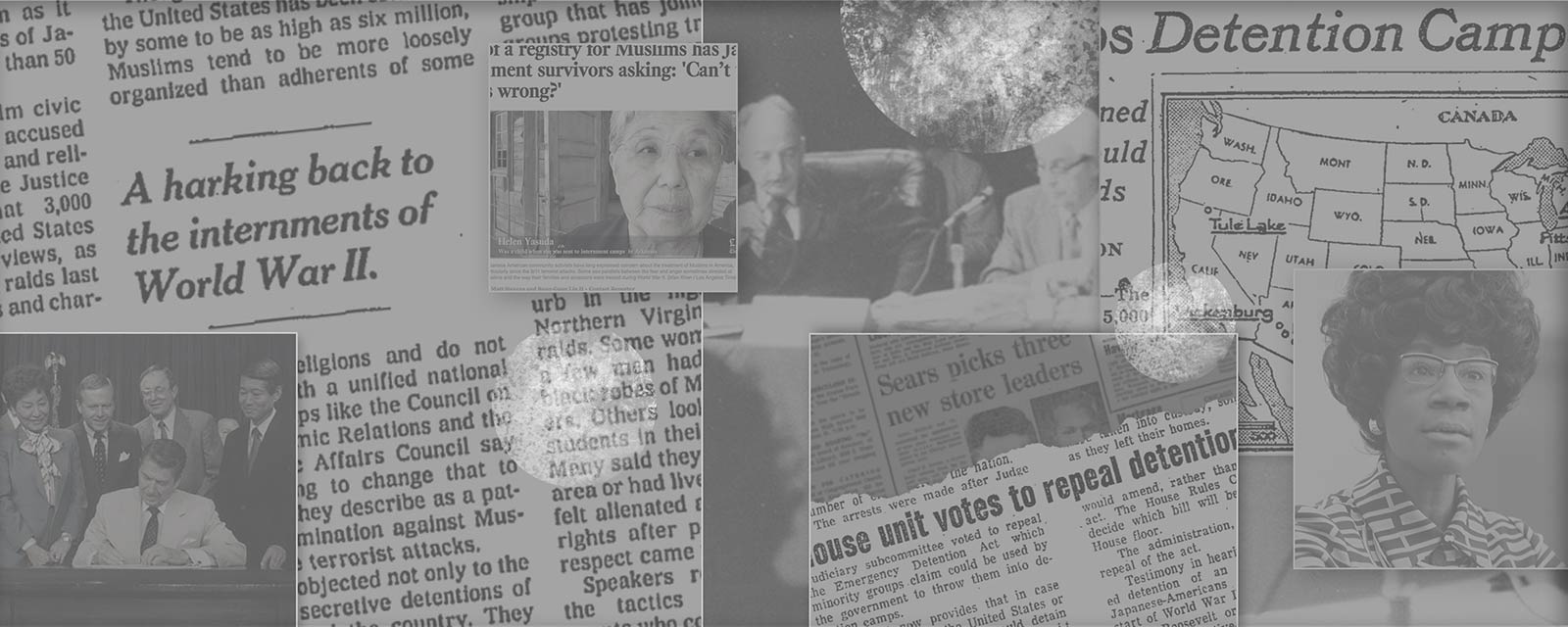
Tap to launch
slideshow

“We are determined . . . that no other Americans will ever again have to undergo this tragic personal experience.”
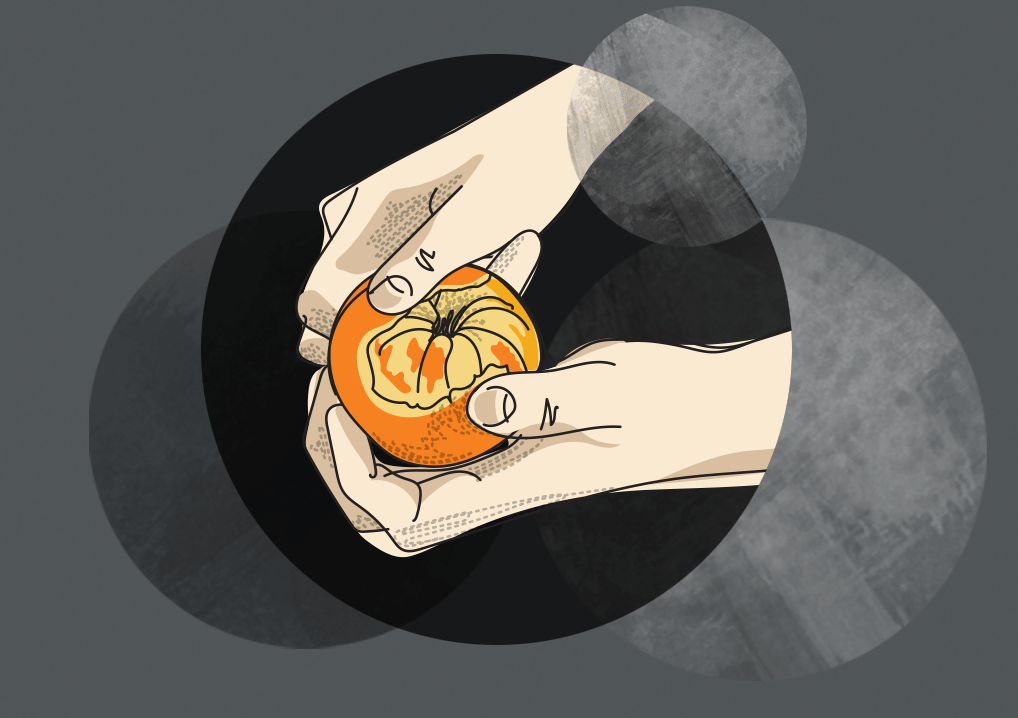
Never Again
Watch Japanese Americans reflect on the legacy of their incarceration, the need to be vigilant, and the importance of speaking out against injustices.
Or read along as Joe Takehara, Chizuko Norton, Toru Saito, Betty Morita Shibayama, and Mary Hirata share their thoughts.
Or read along as Joe Takehara, Chizuko Norton, Toru Saito, Betty Morita Shibayama, and Mary Hirata share their thoughts.
